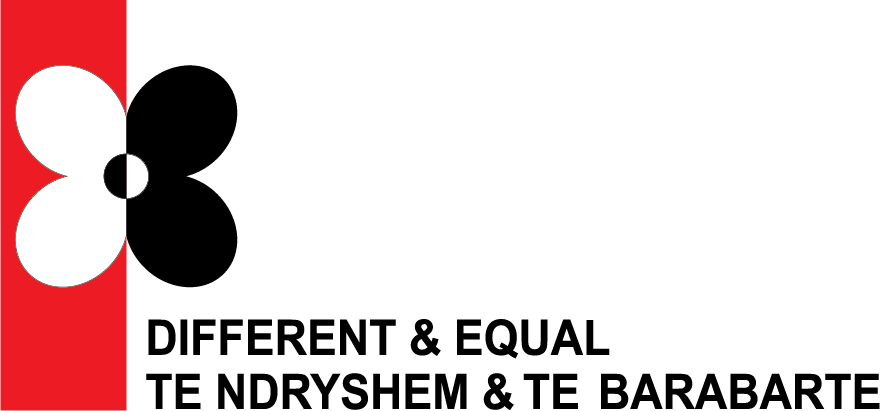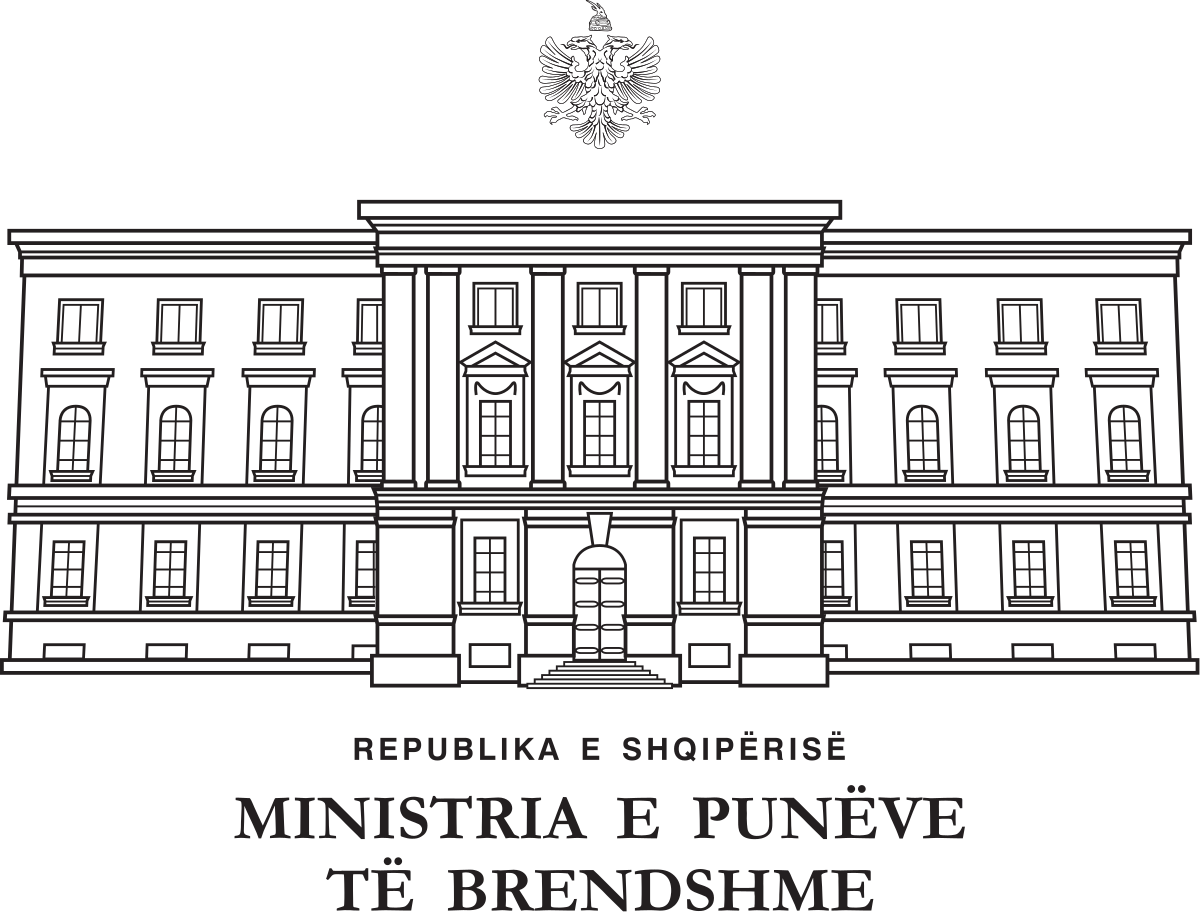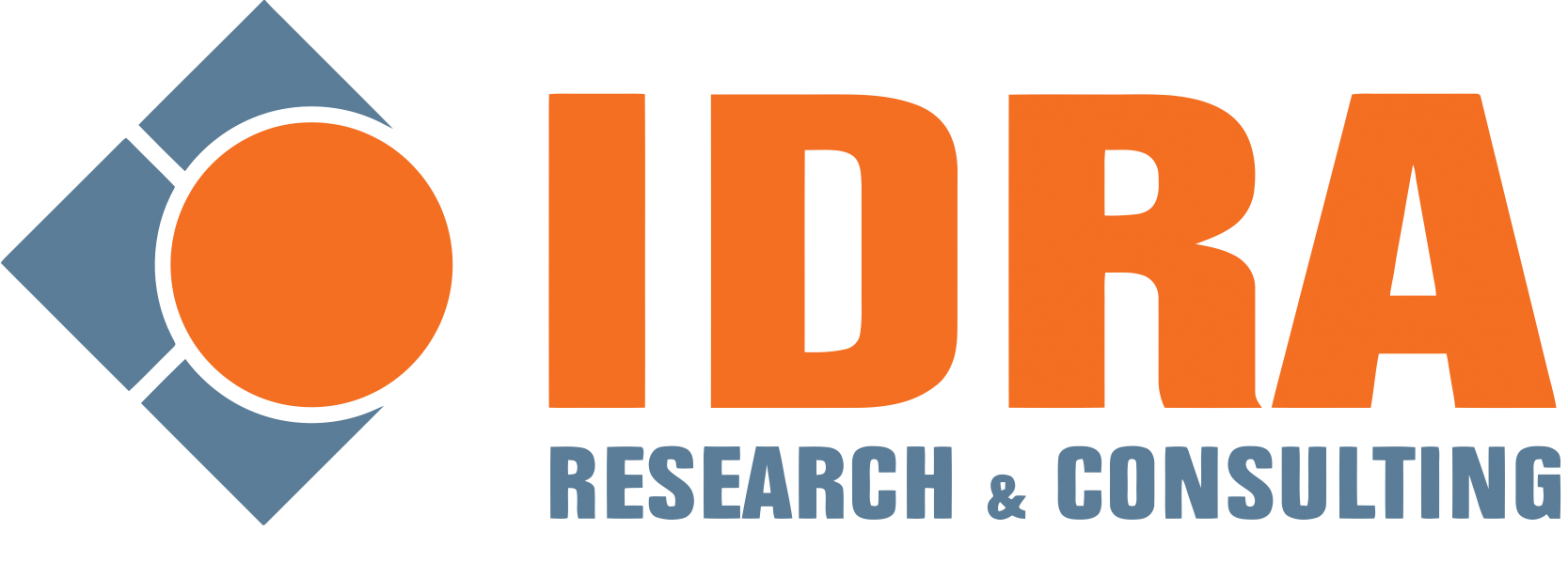Description of the programme
| “Transforming National Response to Human Trafficking in and from Albania” is a programme funded by the UK government and implemented by UNICEF Albania. The programme’s ultimate and long-term goal is the reduction of human trafficking in and from Albania. The programme has been implemented in 2 cycles: the first cycle was implemented from December 2019 to September 2022, and the second cycle that started implementation in October 2022 and will continue until March 2025. The programme is implemented in Tirana and the three northern regions of Shkodër, Dibër and Kukës. Driven by lessons learned during the first cycle, the objectives of the second cycle of the Programme, aim the scale up of a sustainable and comprehensive system response, to combat human trafficking, and more specifically through three main Outcomes: - Vulnerable adolescents and communities are increasingly resilient to trafficking and they have access to livelihood opportunities, receive enhanced information, and are able to challenge harmful gender norms. - PV/VoT and population at high risk are empowered, through a continuum of protection and rehabilitation services to reduce (re-) victimization and (re-) trafficking . - Anti-trafficking coordination mechanisms are enhanced to advance an effective and evidence-based response The project will result in a measurable change in understanding and behavior towards the risks associated with human trafficking. Survivors of trafficking will benefit from the improved quality of protection and prevention services that reduce their vulnerability and mitigate chances of re-trafficking. Reinforced advocacy efforts, through broader and more organized partnerships, will facilitate the gradual phasing out of project supported core interventions and transition to the State-owned and State funded modality. The primary target groups of the programme are: Individuals (boys/girls and men/women) identified as at risk and high risk for trafficking, Potential Victims/Victims of Trafficking (PV/VoTs); Parents/caregivers, and other community members living in disadvantaged communities of the 4 targeted regions; welfare, justice, education, employment and health sector service providers at municipal and community level, journalists, and private sector representatives. The secondary target groups of the programme are: Parliamentarians, Decision/policy makers and high-level technical professionals of state institutions at the central level; Members of the four Regional Anti-Trafficking Committees (RATCs); policymakers and technical professionals of municipal-based bodies, grass-root NGOs, representatives of private sector, academia and think-tanks, international entities working in the anti-trafficking response, the population in large. |
Partners and Collaborators



























